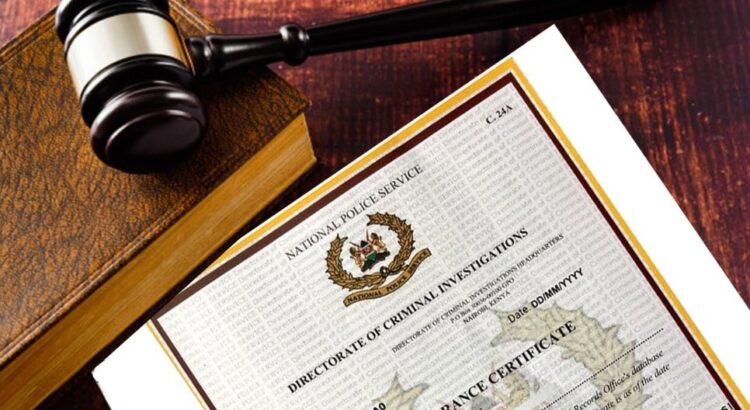Police clearance certificate (PCC) is issued for safeguarding the interest of non-residents of India and the country where you are emigrating to. If you consider the data of such emigrants in the USA, these are 85,000 applicants who apply to go there every year. The purpose can be tour or travel, study, job or some other reasons.
Read MoreMonth: August 2020

MEA Attests Originals, Not Photocopies of NRIs Documents
If you are going to emigrate, you need to attest your documents. This step is a crucial step. You cannot get off from it because the immigration departments of any country want to determine whether the document is genuine and legal. So, you need to go through document attestation.
Read More
Revised Definition & Marriage Provisions of NRIs in India
The status of an NRI has been revised by the union government of India in 2019. It has changed the way government categorises non-residents. These changes are introduced make tax liabilities of non-residents crystal clear. But, these amendments are affecting the marriage act and other contextual legislations for them also. While presenting the budget, the finance minister announced this new categorization:











